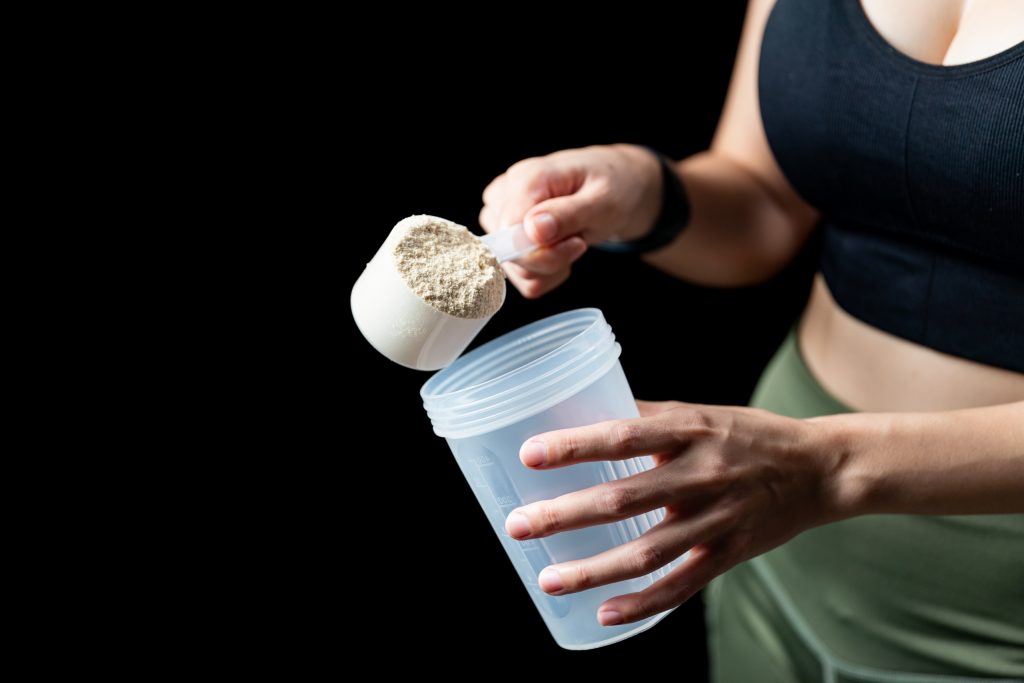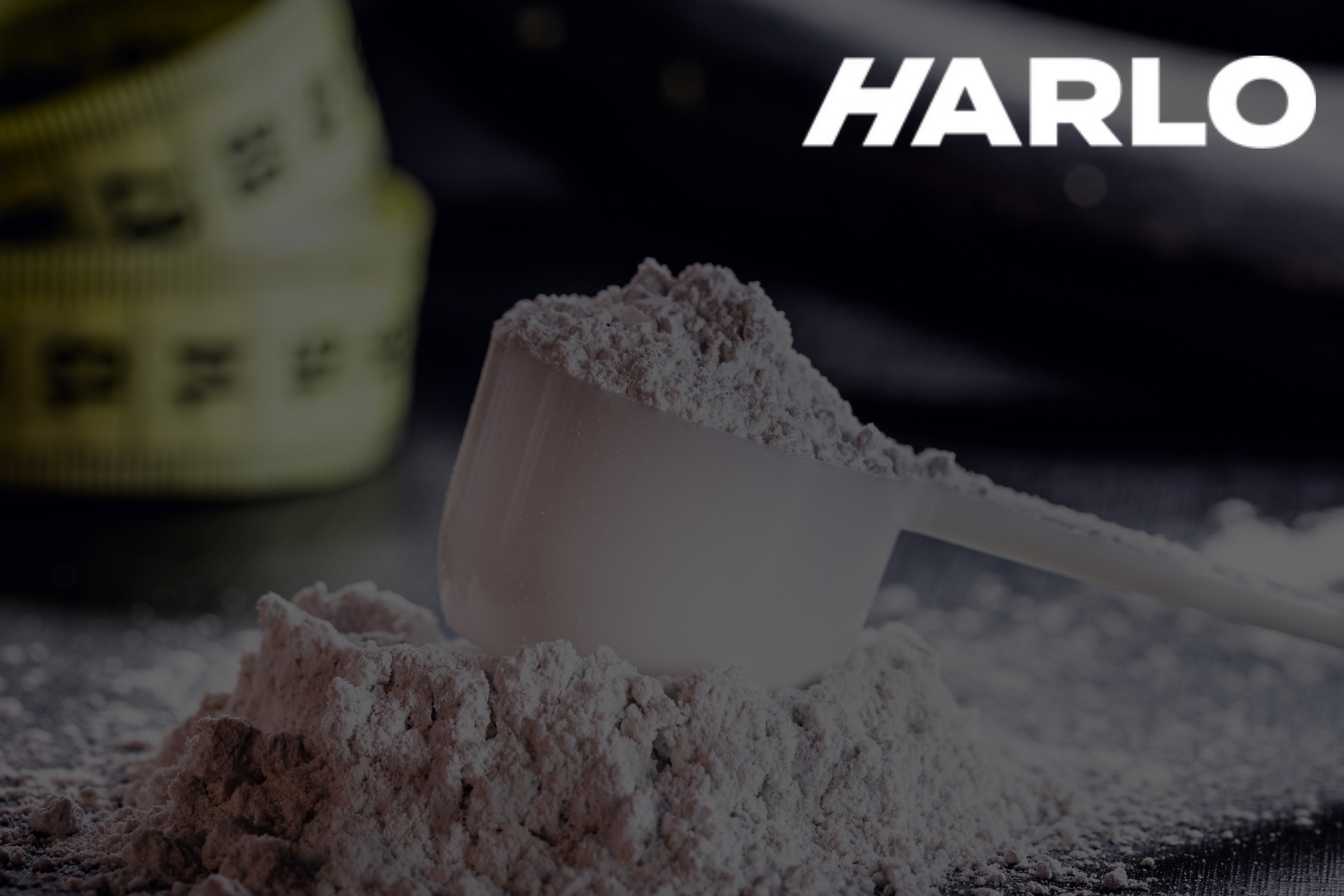Exercise recovery is a crucial aspect of optimizing performance and reducing the risk of injuries. When individuals engage in physical activities, their muscles experience micro-tears and inflammation, which leads to muscle soreness and fatigue. Proper recovery allows the muscles to repair and rebuild, leading to improved performance and decreased risk of injury. One method that has gained attention in recent years is creatine supplementation. Creatine is a naturally occurring compound found in the body, primarily in the muscles, and it plays a key role in providing energy for muscle contractions during exercise. Supplementing with creatine has been shown to enhance recovery processes by replenishing ATP stores, reducing inflammation, and promoting muscle protein synthesis. This article will delve into the benefits of creatine supplementation for exercise recovery, explore the mechanisms behind its effectiveness, and discuss proper dosage and timing for optimal results. Additionally, it will address potential side effects and considerations for specific populations, such as athletes and those with certain medical conditions. By the end of this article, readers will have a comprehensive understanding of how creatine supplementation can support exercise recovery and aid in performance enhancement.
The Role of Creatine in Exercise Recovery
Muscle cells naturally contain creatine, which aids post-workout recovery. Muscles lose energy with heavy exercise. Creatine replenishes these stockpiles, speeding recuperation and performance.
Creatine replenishes ATP reserves post-workout. Muscle contractions use ATP mostly. ATP levels drop fast after high-intensity activity, causing weariness. Creatine converts adenosine diphosphate (ADP) into ATP to assist muscles recuperate and create more energy for future workouts.
Creatine supplementation reduces extreme exercise-induced muscle damage and inflammation in addition to energy replenishment. Creatine supplementation has been shown to reduce muscle damage indicators including creatine kinase (CK) and post-stress inflammation. This reduces muscle injury and inflammation, speeding healing and reducing post-workout pain, allowing athletes to return sooner.
Creatine helps workout recovery by refilling energy reserves, decreasing muscle damage, and lowering inflammation. It is an effective and popular supplement among athletes and intensive exercisers. By promoting recuperation, creatine boosts performance and allows people to exercise harder and more often, improving athletic performance and muscular development.
Accelerating Muscle Glycogen Replenishment
Creatine occurs naturally in muscular tissue in tiny levels. It aids glycogen resynthesis, which is necessary for muscle repair after hard activity or energy depletion.
Muscles need glycogen for fuel during high-intensity tasks, therefore depletion may cause tiredness and poor performance. For muscle rehabilitation and optimum performance in future workouts, glycogen replenishment is essential.
Creatine supplementation has been demonstrated to speed glycogen replenishment after exercise. One investigation on trained people revealed that creatine supplementation increased muscular glycogen stores. Creatine-treated subjects recovered quicker with faster glycogen resynthesis.
Creatine supplementation affected endurance exercise muscle glycogen recovery in another investigation. Creatine supplementation boosted muscle glycogen resynthesis compared to a placebo, suggesting it may improve post-workout glycogen recovery.
Creatine speeds glycogen replacement for muscle repair, according to these research. By increasing glycogen resynthesis, creatine supplementation may assist athletes and fitness enthusiasts recover quicker, perform better, and stay energized throughout training.
Mitigating Muscle Damage and Inflammation
Creatine supplementation has been extensively examined for muscle injury and inflammation. Creatine may reduce muscle damage from severe exercise due to its antioxidant qualities.
Exercise increases ROS production, causing oxidative stress and muscle injury. Oxidative stress is reduced by creatine’s antioxidant properties. This helps muscle cells recover quicker and prevent injury.
Besides antioxidants, creatine reduces inflammatory indicators. Pro-inflammatory cytokines are released during intense exercise. These cytokines are reduced by creatine supplementation, reducing inflammation.
Creatine supplementation may speed healing and minimize discomfort. Creatine may help the body repair and rebuild muscle tissue by reducing muscular injury and inflammation. This may speed recovery between tough exercises and reduce post-workout pain.
Creatine supplementation reduces muscle injury and inflammation. Faster healing and less discomfort are due to its antioxidant and anti-inflammatory qualities. The mechanics underlying these benefits are still being studied, but creatine may be useful for athletes and intensive exercisers.
Enhancing Protein Synthesis and Muscle Repair
Creatine, a naturally occurring muscle cell component, has been extensively explored for its impact on protein synthesis, muscle repair, and adaptability. Cells generate and repair proteins via protein synthesis. Creatine increases muscle protein via affecting protein synthesis.
Creatine supplementation has been shown to boost skeletal muscle protein synthesis. This may be due to energy availability and anabolic signaling pathway activation. Protein consumption is optimized by creatine fueling muscle cells during severe activity.
Creatine also aids muscle repair and adaptability. It helps muscular tissue regenerate after intensive activity or injury, speeding healing and reducing muscle damage. Creatine improves muscle regeneration, allowing for more frequent and intense training, which boosts muscular development and sports performance.
Creatine and resistance training appear to work together. Creatine supplementation with resistance training boost muscular development more than either alone. Creatine may enhance muscular tissue’s adaptive response to resistance exercise, increasing muscle growth and strength.
Creatine supplementation boosts protein synthesis, muscle repair, and adaptability, and works synergistically with resistance exercise to develop muscles. Creatine may help improve muscle protein synthesis, repair, and growth, according to these research.
Timing and Dosage Recommendations for Recovery
Creatine supplementation has been extensively investigated to improve recovery and sports performance. The proper time and dose must be considered to enhance recovery benefits.
Using creatine for recovery requires timing. Research shows that taking creatine right after a workout is advantageous. Creatine boosts muscle protein synthesis and food absorption after an exercise. It also makes creatine accessible for muscle repair and replenishment after an exercise.
Loading and maintenance phases are advised for dosing. The loading phase requires 20 grams of creatine per day, split into smaller dosages, for 5-7 days. This loading phase floods muscles with creatine to enhance its advantages. After loading, 3-5 grams of creatine should be taken daily to maintain muscle creatine levels.
Combine creatine supplementation with other recovery procedures to improve outcomes. Hydration, nourishment, sleep, and active recuperation are examples. These methods and creatine supplements work together to improve recovery and muscular development.
Creatine should be taken post-workout, with a loading phase of 20 grams per day for 5-7 days and a maintenance dose of 3-5 grams per day. Creatine may boost recuperation and athletic performance when paired with other methods. Consult a doctor or sports nutritionist to establish the best time and dose.

Conclusion
In conclusion, creatine has proven to play a significant role in exercise recovery. Its ability to enhance the resynthesis of adenosine triphosphate (ATP) allows for increased energy availability, leading to faster recovery times between intense workouts. Athletes should strongly consider incorporating creatine into their recovery regimens, as it has the potential to provide numerous benefits. Not only can it enhance performance by allowing athletes to train at a higher intensity and for longer durations, but it can also aid in injury prevention by strengthening muscles and supporting proper movement mechanics. Furthermore, the long-term progress of athletes can be positively impacted by creatine, as it contributes to increased muscle mass and improved strength. With its well-documented safety profile, creatine is a viable and valuable supplement that can greatly enhance exercise recovery and overall athletic performance.



